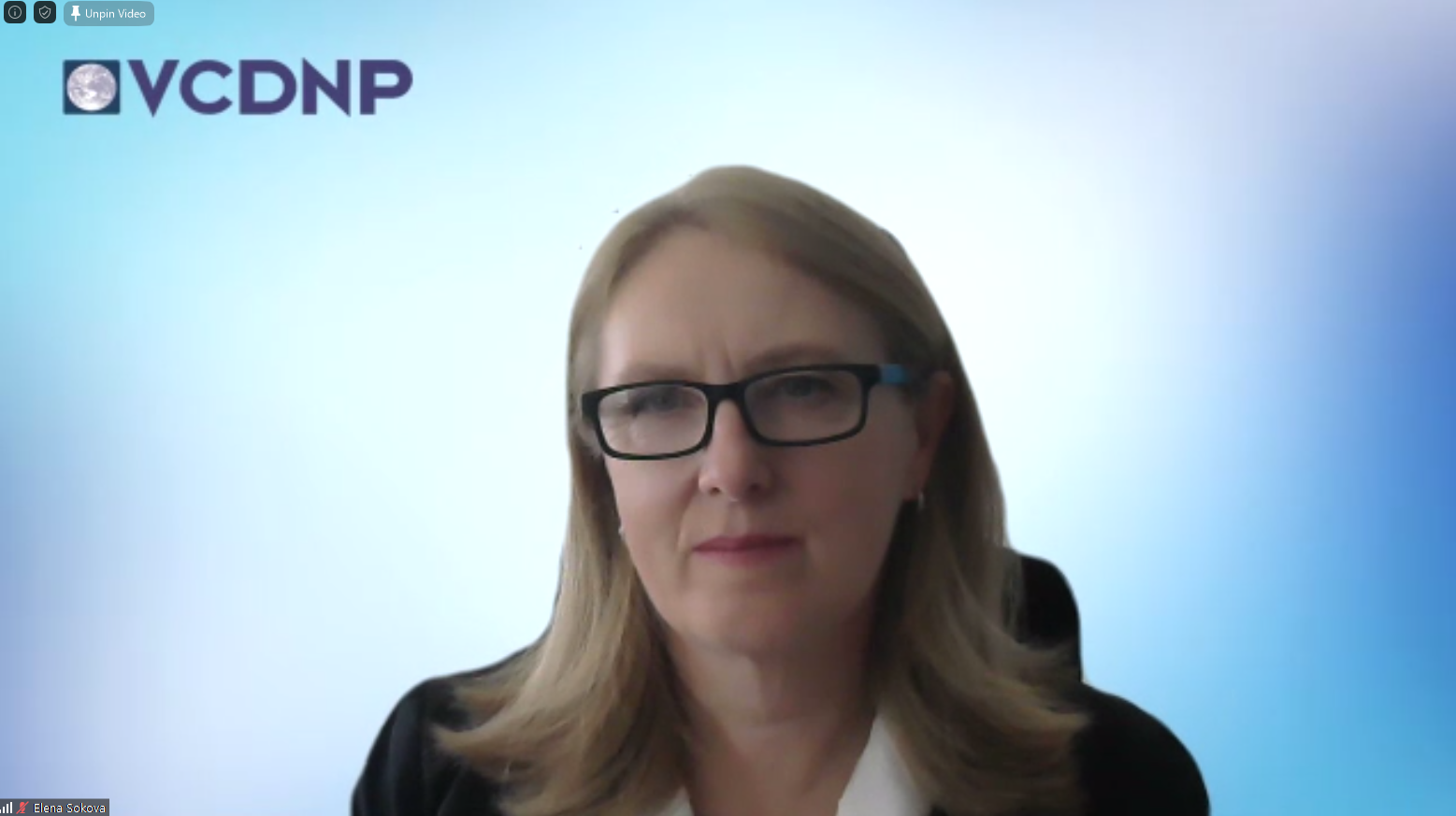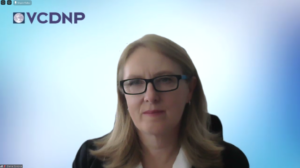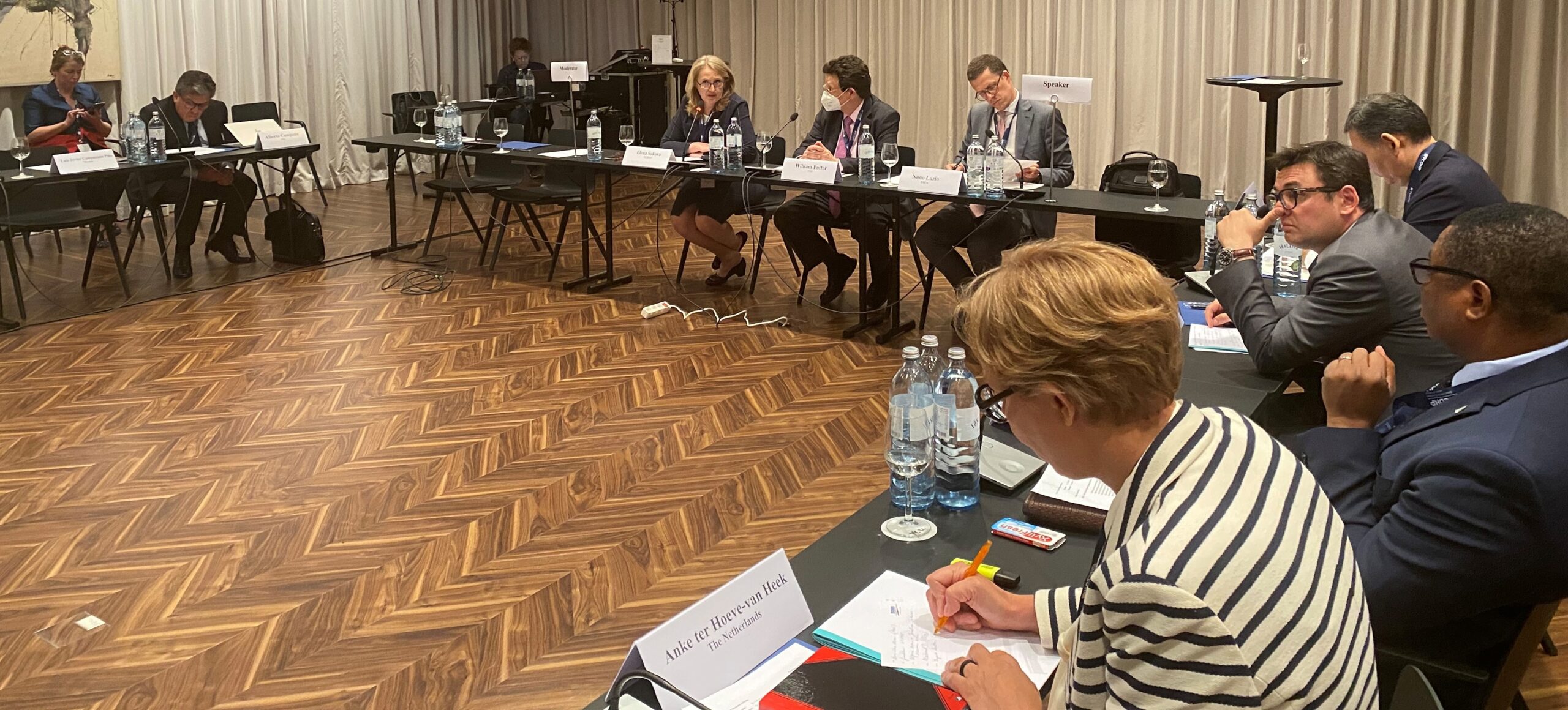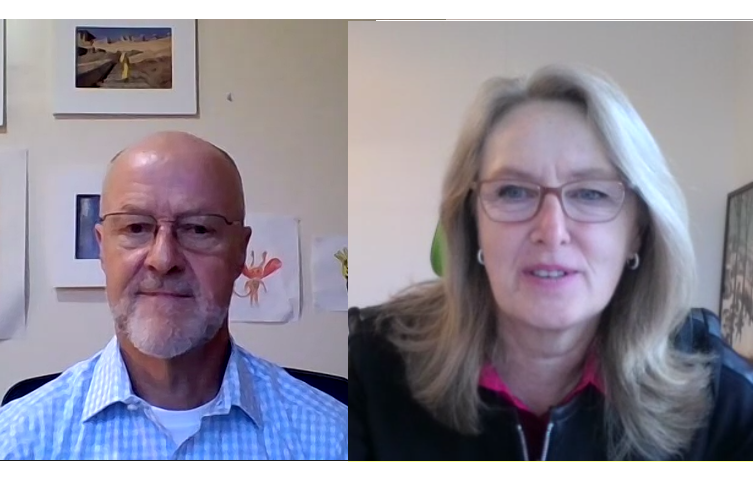

While the challenges facing nuclear arms control and disarmament are not new, COVID-19 has amplified many of the challenges in multilateral diplomacy, including engagement with civil society. During a webinar organised by the Permanent Mission of Austria to the Office of the United Nations and Special Organisations in Geneva, VCDNP Executive Director Elena K. Sokova discussed some of these challenges.
During the Cold War, the nations of the world were able to separate political conflict from the basic understanding that survival is a shared interest, observed Ms. Sokova. But today, multilateral institutions and their Member States seem to be losing the ability to negotiate in good faith and find compromises.
These problems predate the COVID-19 crisis, but the inability of diplomats to conduct face-to-face meetings has further complicated the world of multilateralism. However, some international organisations have demonstrated exceptional resilience in the face of the pandemic. The International Atomic Energy Agency, for example, has continued its critical work in implementing nuclear safeguards while providing guidance and training to its Member States on ways to mitigate the spread of COVID-19.
There are also notable cases in which multilateral institutions have continued critical engagement with civil society, such as in two webinars organised by the United Nations Office of Disarmament Affairs on the Treaty on the Non-Proliferation of Nuclear Weapons' next Review Conference (here and here). However, the pandemic has exasperated the already notable trend of limiting the involvement of civil society in intergovernmental debates in the security field. Space in both in-person and virtual meetings has become a premium and the participation of civil society in these debates has diminished as a result. This negatively impacts the important link between government and civil society.
Concluding, Ms. Sokova argued for reinvigorated government support for civil society participation in negotiation fora and diplomatic exchanges. Moreover, virtual meetings opportunities for wider engagement by civil society, both with the wider public and with government.

